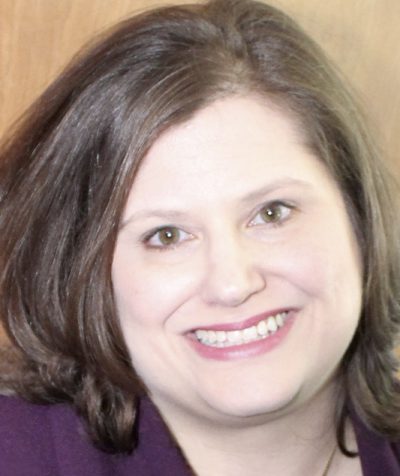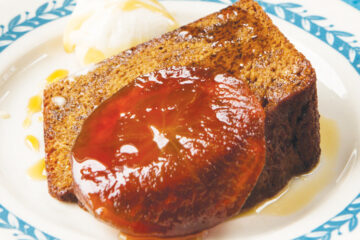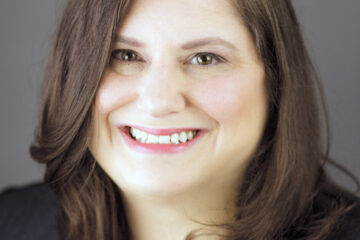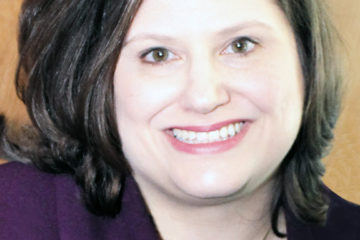A festival of life

By Rabbi Karen Bodney-Halasz, Temple Israel
Every year, as I prepare for the High Holy Days, I turn to familiar texts to help me refocus on their meaning.
For the past few years I have enjoyed rereading Rabbi Alan Lew’s book, This is Real and You are Completely Unprepared. This year, however, I chose Rabbi Dr. Reuven Hammer’s book, Entering the High Holy Days, which explores the history, prayers, and themes of the season. What drew me in was the following section from the book’s preface.
“Certainly we should celebrate life each day, but it is difficult to overcome the routineness of daily activities that can all too easily dull our awe. Unfortunately, we come to take even the greatest gift for granted, and that is why Judaism has set aside these special days so that we can focus on celebrating life. The High Holy Days are a festival of life during which we can resensitize ourselves and renew our commitments.”
Over the past few years, I have engaged in High Holy Days conversations directed more on making teshuvah (repentance) and attaining forgiveness than on appreciating and celebrating the gift of life. This struck me, for while repentance and forgiveness are indeed a large part of the holidays, so is the importance of choice and choosing to live a good life.
With the barrage of news this year about mass shootings, xenophobia, and ISIL, it’s easy to lose sight of the awesomeness of the world in which we live.
As I reread Hammer’s book, I was drawn to the idea that we have desensitized ourselves to the awesome nature of this auspicious time and the potential within it.
The more we are exposed to how humankind has fallen short, the more we begin to put blinders on everyday miracles.
Our tradition teaches us that we should recite at least 100 blessings a day, acknowledging with thanksgiving all that God bestows upon us.
These prayers, such as Modeh Ani and the morning blessings, help keep this awe burnout from happening.
Every day when we thank God for the many parts of our existence that allow us to live freely in this world — whether it is by opening our eyes or stretching out our arms — we come face to face with our own potential.
Just as we are accustomed to thinking of our misdeeds during the Yamim Noraim (Days of Awe), we also must take the time to celebrate life by evaluating it.
We should use this pause from our everyday lives to appreciate the enormity of having been given such opportunities and ask if we have made the most of our time and our gifts this past year. And if not, how will we improve upon ourselves in the year to come?
We need to re-sensitize ourselves to awe and wonder, to remember that along with our misdeeds, we are just as responsible for those things we could have done this past year and didn’t.
We are told that on Rosh Hashanah our fate is written and on Yom Kippur it is sealed. But sometimes we forget that ultimately, we choose our own destiny. How we will be judged is in our own hands.
This year, rather than simply asking, “What have I done to be worthy of the gift of life?” we should ask, “What are the gifts God has given me? How may I use them to determine my character, my actions, my fate?”
May such questions inspire us to achieve more holy living. May you and yours choose to be written and sealed in the Book of Life. Shana tova u’metukah, a good and sweet year.
To read the complete October 2016 Dayton Jewish Observer, click here.




